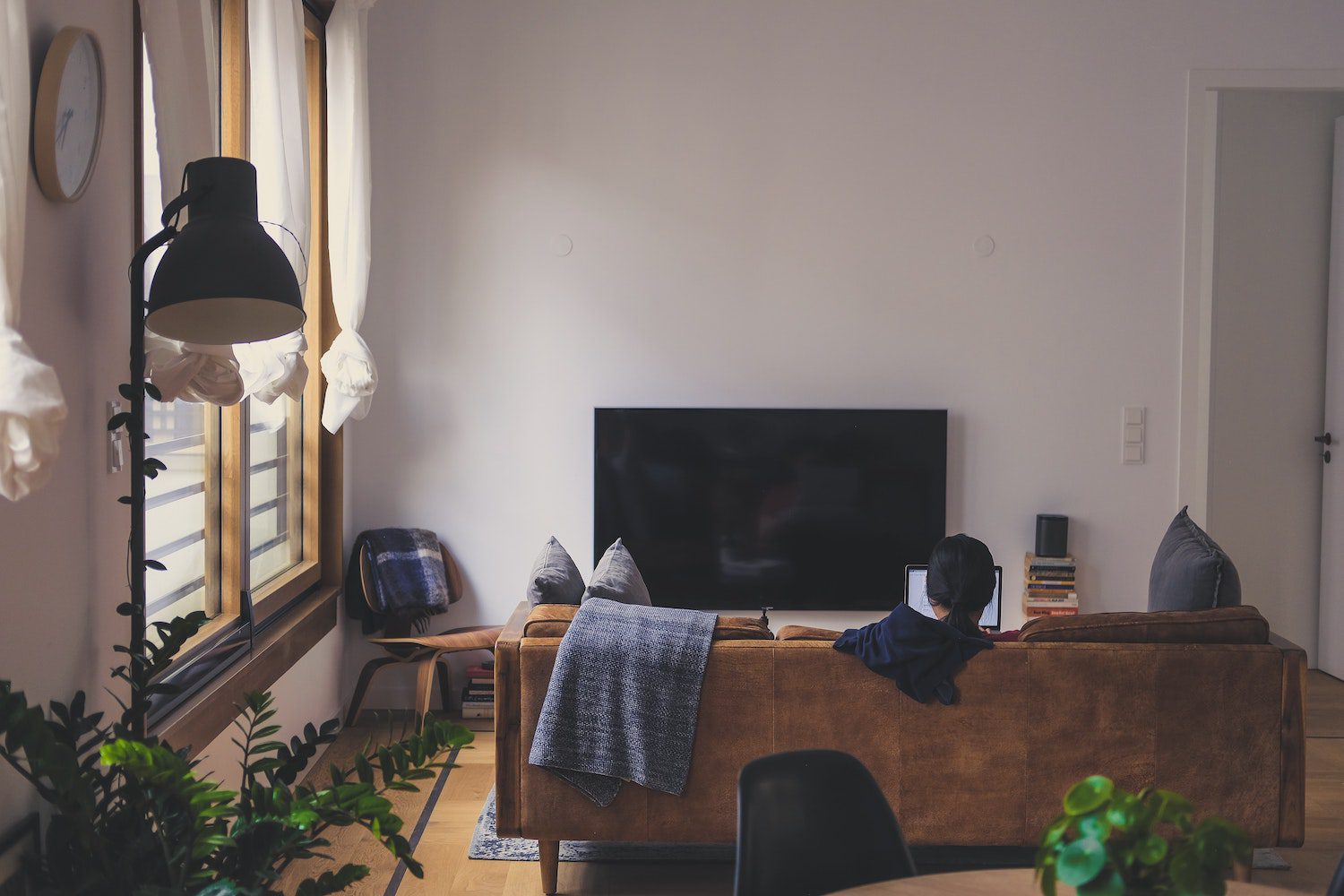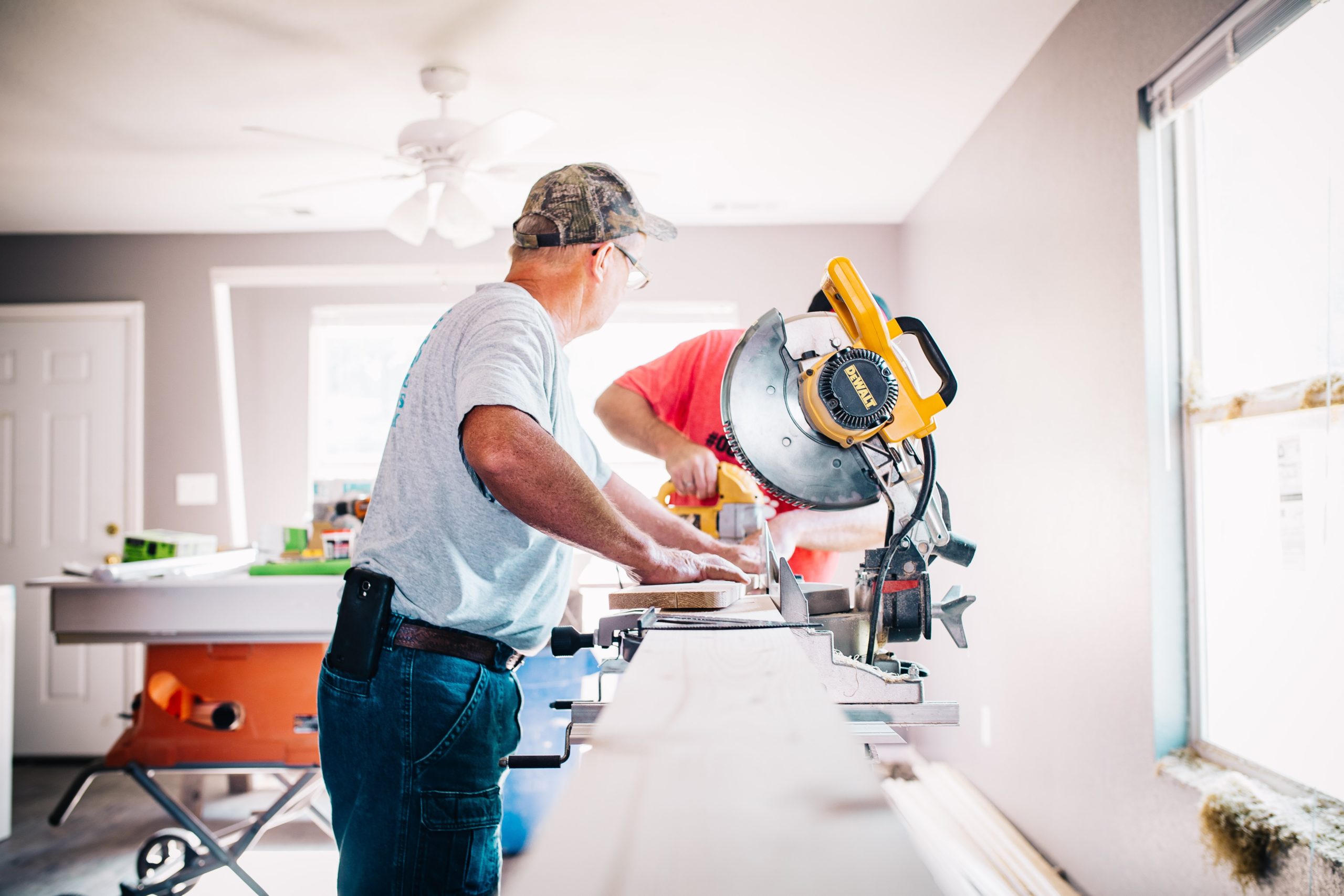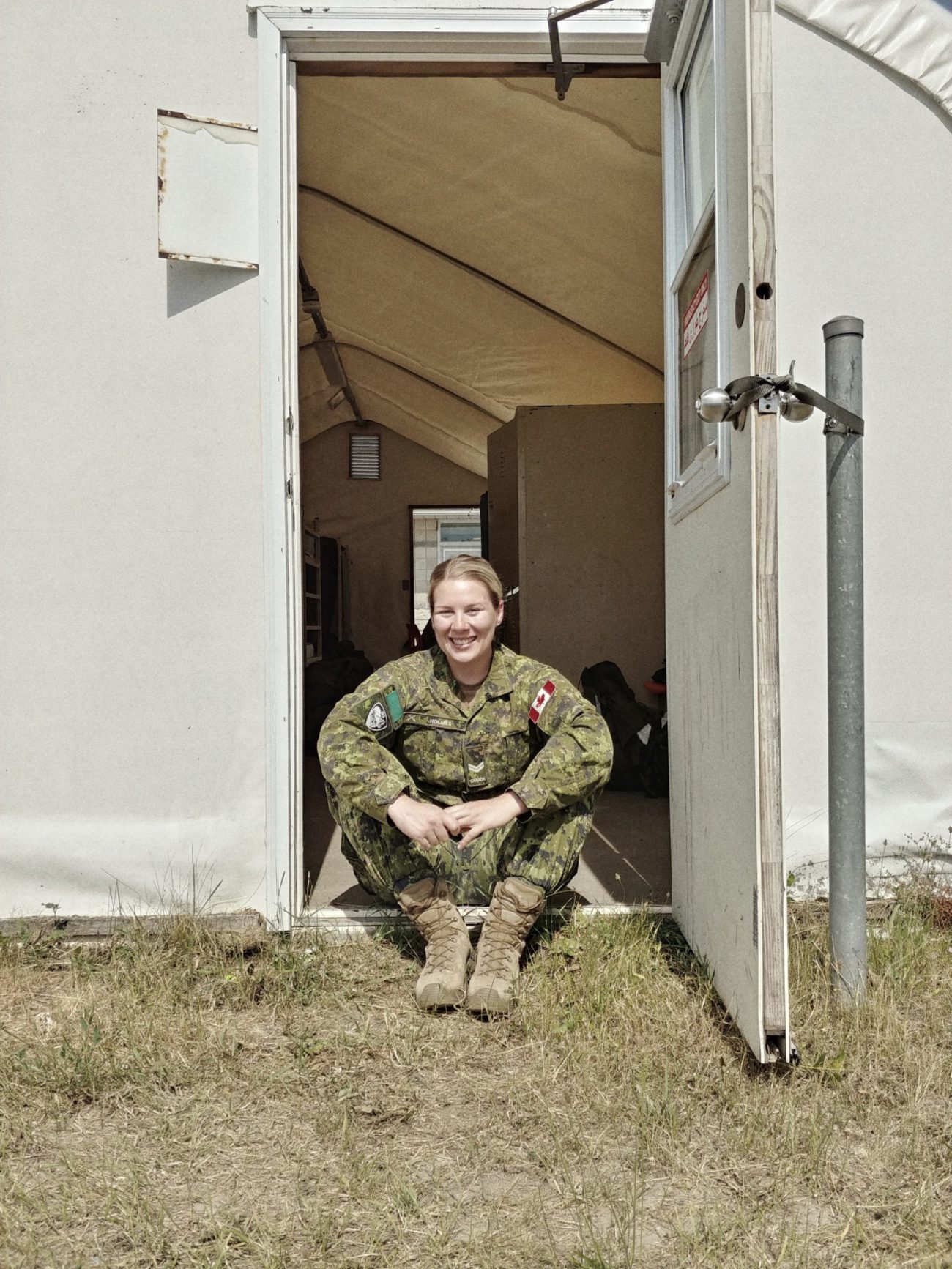We’re Just a Message Away
Reach OutAlso known as second units, secondary suites are steadily growing in popularity across the province. As housing supply has become more competitive, they have played an important role in Ontario’s rental landscape. The unique attributes of secondary suites make them beneficial for investors, homeowners and renters alike.
As a homeowner, secondary suites are not only a great way to earn passive income, but they can also boost your property value down the line. Royal LePage’s recent report on high-ROI home improvements notes that secondary suites can increase a property’s value by 15%.
Whether you’re looking to build your own, or are considering buying a home with an existing unit, here’s everything you should know about secondary suites.
Want to learn more about equity-building home improvement projects? Explore our blog post on the topic here.
What Makes A Secondary Suite?
A secondary suite is different from simply renting an existing room on your property to a tenant. While the former is still a great way to earn passive income, the latter is a much more robust project. According to the province, the basic establishing elements of a secondary suite is a self-contained space with a private washroom, kitchen facilities and sleeping areas. A standard basement apartment underneath a detached home is a fairly common example.
Secondary suites can be built in homes, garages, laneways houses and as separate structures on your property – these are also known as garden suites. Garden suites are a unique circumstance as they require adhering to different regulations while retaining many of the same perks as other types of secondary units.
Not sure which neighbourhoods are best for building a secondary suite? Explore our Community Guides.
The Red Tape
As you may expect, building a secondary suite on your property involves adhering to several municipal and provincial regulations and by-laws. If you’re considering adding a second unit to your property, you should anticipate licensing, relevant permits, building codes, and inspections as part of the building process. Homeowners should also be aware of local parking restrictions before welcoming new tenants to their property.
All of this red tape can seem overwhelming. However, the good news is that there is support available to help builders navigate the process. As part of their greater strategy for making more housing available in the province, the Ontario government provides plenty of resources for homeowners who are looking to construct a secondary suite. For example, the Ontario Second Unit Checklist is a great place to start before deciding whether or not building a secondary suite is right for you.
If you’re looking to include a secondary suite in a pre-construction home, there are additional restrictions to be aware of. For more information, your real estate agent can connect with the local building authority to confirm if you’re eligible to build a second unit.
Interested in building a custom home? Check out these resources on our blog.
- Should You Use a Realtor When Buying a Pre-Construction Home?
- Is a Custom Home Right For You?
- Home Buying Calculator
Tenants
While some homeowners will use their secondary suite as an accommodation for a family member or friend, the vast majority will seek traditional tenants. When the time comes, finding the right tenant for your secondary suite will be an important process.
A responsible and income-stable tenant can not only offer you peace of mind as a landlord, but they’ll also play a big role in the financial success of your investment. Creating and implementing a strong tenant selection process is the best way to vet potential renters. While the elements of your selection process will be unique to the nature of your suite, there are common factors such as providing past references that are must-haves for your screening process. Your real estate agent can advise you on the best way to develop and enact your selection process in order to find a great tenant.
Looking for more lifestyle articles about the Bay of Quinte Region? Check out these resources from our blog.
- Working From Home in the Bay of Quinte With Style
- Our Favourite Belleville Restaurants For Date Night
Property Management
In addition to tenant screening, being a landlord involves staying on top of regular management duties. This includes everything from tenant communication to maintenance and repairs. Being an attentive and good landlord can help you retain the tenant you worked hard to find.
You and your tenant will each have separate rights and responsibilities related to the suite. When it comes to understanding what your legal obligations are as a landlord, the Residential Tenancies Act is a great place to start. As always, your agent is the best resource for any questions or concerns you may have about property management.








